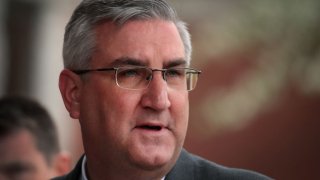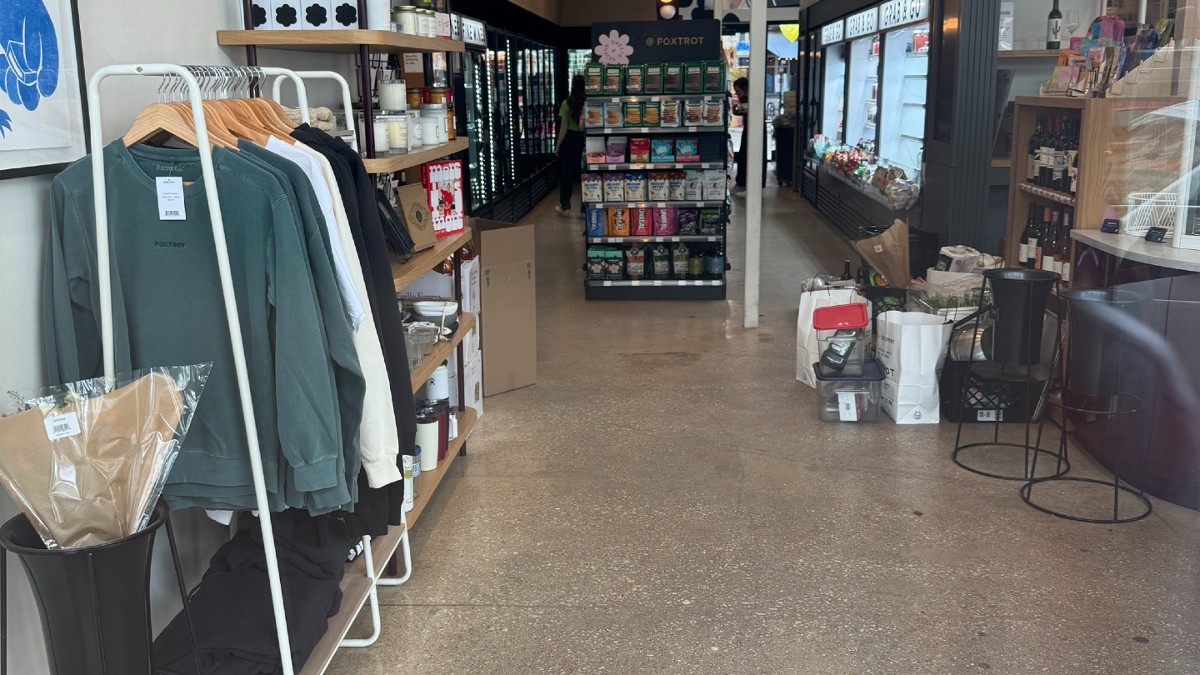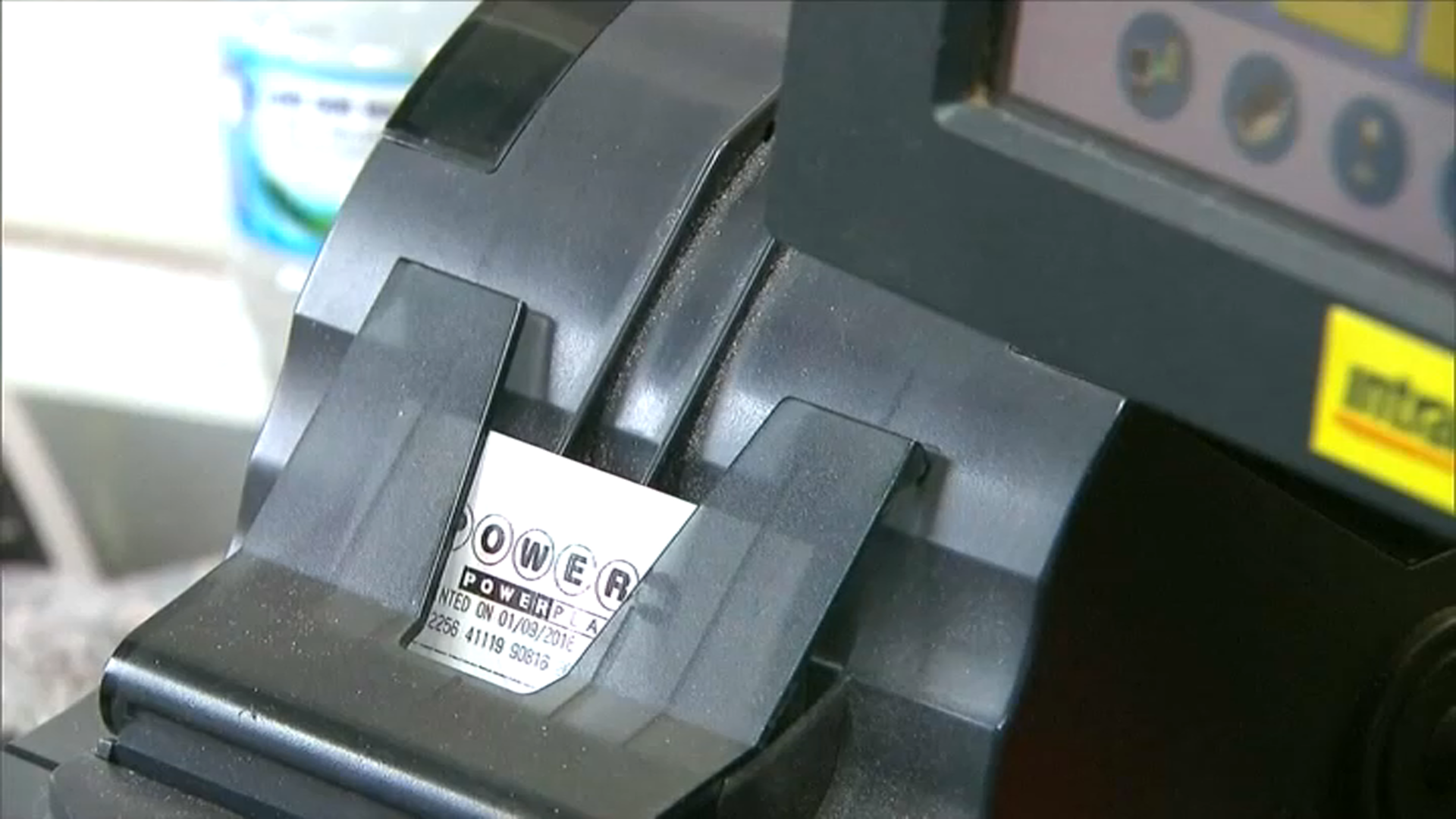
Indiana Gov. Eric Holcomb will have a low-key start to his second term on Monday as the coronavirus pandemic that has dominated the past year continues looming over the state.
The 52-year-old Republican governor, who won a landslide reelection in November, entered office in 2017 with an inaugural ball at a downtown Indianapolis hotel and an inauguration ceremony attended by about 2,000 people at the state fairgrounds coliseum.
His oath-taking ceremony on Monday will be largely a virtual event in keeping with the COVID-19 precautions that he has urged even as his actions, such as the statewide face mask mandate, have stirred some conservative opposition and will be debated during this year’s legislative session.
Holcomb maintains Indiana’s economy is bouncing back quickly, pointing to how the state’s unemployment rate has dropped from a high of 17.5% during last spring’s coronavirus shutdowns to 5.0% for November, and that 16 straight years of Republican governors put state government in solid financial shape.
Holcomb said he wants to focus during the coming months on distributing the coronavirus vaccines and helping the state’s economy recover with steps such as boosting rural internet service and grants to help businesses modernize.
“I want to make sure that we’re focused on those things that are big ticket items for the reasons why we’ll be able to grow — grow opportunity for people and grow businesses and be that momentum going forward,” Holcomb said in an interview. “We’re watching other states have to make gut-wrenching decisions about cuts they’re gonna make.”
Leaders of the Republican-dominated Legislature praise Holcomb’s actions since the coronavirus outbreak first hit the state in March. That’s when he issued the first of 52 pandemic-related executive orders, including a stay-at-home mandate and those forcing the closure of businesses deemed nonessential during the early weeks of the outbreak, which has killed nearly 9,000 in Indiana and packed hospitals around the state with patients for months.
Local
Many conservatives across the state argue Holcomb’s orders infringed upon individual rights and some Republican legislators want to limit the authority governors have under the state’s emergency powers law.
House Speaker Todd Huston doesn’t criticize Holcomb while saying lawmakers will find an appropriate method to weigh in on extended emergency situations.
“He has really done a fabulous job, I think a tremendous job of going through what are very extraordinary circumstances,” Huston said. “We’ve been blessed with, I think, really strong leadership throughout this, it is just making sure we have legislative input.”
Lt. Gov. Suzanne Crouch and new state Attorney General Todd Rokita, both Republicans, also begin four-year terms Monday.
Holcomb was the state’s little-known lieutenant governor when he became the Republican candidate for governor in 2016 after Donald Trump picked then-Gov. Mike Pence as his vice presidential running mate.
Holcomb has set a less-contentious tone than Pence, avoiding major controversies such as what Pence faced over Indiana’s 2015 religious objections law that opponents maintained sanctioned discrimination against gays.
For instance, Holcomb advocated for the 2019 adoption of a state hate crimes law that quieted criticism despite complaints that it was inadequate for not explicitly covering age, sex or gender identity.
Democrats have criticized Holcomb for not directing more support toward those struggling with lost income during the pandemic, while backing the protection of businesses from possible COVID-19 lawsuits as a top Republican priority.
Senate Democratic leader Greg Taylor of Indianapolis said coronavirus outbreak had also exposed the struggles faced by minorities across the state.
“If this pandemic doesn’t give the governor the platform to address some of those disparities in health care and economics, it just exacerbates the issue,” Taylor said. “And if we don’t do anything about it, it shows that there’s just not an appetite.”
Holcomb said he knows the state faces many ongoing challenges with the coronavirus spread and understands why many people are impatient with business and crowd restrictions.
“I put the pressure back on me and our administration to say, ‘This is not forever. This is temporary,’” Holcomb said. “It’s a whole lot longer of a temporary than we ever imagined. But it is what it is and so how do we deal with it responsibly?”



